How to Grow Weed Fast
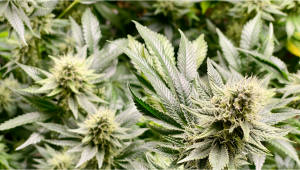
- 1. 1) choose autoflowers over photoperiod strains
- 2. 2) go organic, if possible
- 3. 3) use training techniques
- 4. 4) avoid over-watering
- 5. 5) use the best containers
Out of the many questions by cannabis growers, the one that’s frequently touched upon is about how to grow cannabis fast. It’s a natural question and a very valid one at that. Growing cannabis requires expertise, knowledge, and patience. Yes, you need to be patient to get to those buds at the end of it all, but who wants to spend months at a stretch?
There must be an easier way, after all. And, there is. Growing cannabis is easy. There’s no need to make it complicated. But, to harvest the buds faster? Is that even possible? Yep. Very much. And today, I’m going to show you how.
1) Choose autoflowers over photoperiod strains
What exactly are autoflowers, you ask? Well, autoflowers are special types of cannabis plants. Cannabis plants can be divided into Sativa, Indica and Ruderalis strains. Out of these, Sativa and Indica became very popular while Ruderalis was somewhat left behind. However, in recent years, the importance of Ruderalis has been noted by thousands of growers across the world. Basically, Ruderalis wasn’t as big as its counterparts. It was a short plant that grew anywhere from 1 to 3 feet with stocky buds and thick stems. However, what set the Ruderalis apart from its peers was its flowering cycle.
Photoperiod strains require light to grow, and the flowering cycle depends completely on the light. For example, growers provide 18/6 hours of light/darkness and switch to 12/12 hours of light/darkness to induce flowering. However, Ruderalis was different. Rather than relying on light, this strain started flowering automatically. And thus, the name “Autoflowers” became famous. Now since autoflowering strains begin to flower irrespective of light, they are preferred over photoperiod strains. Ruderalis wasn’t as potent as Sativa or Indica, though. But, thanks to technology and passionate breeders, they are now as potent as photoperiod strains.
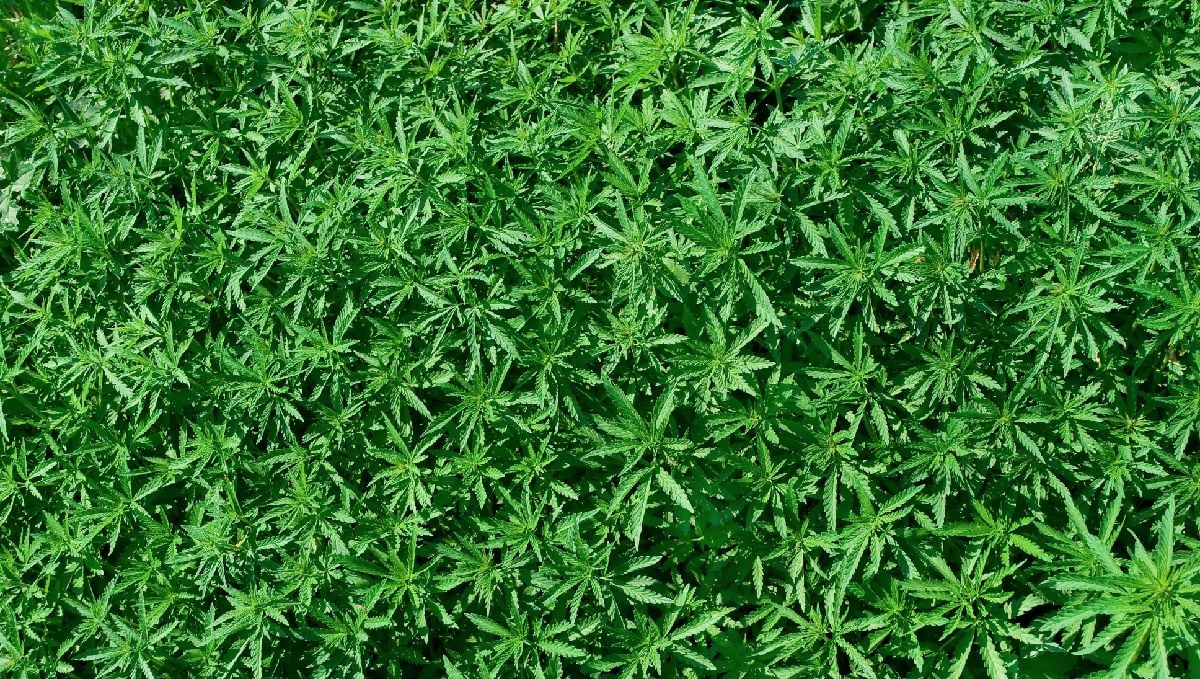
Another important reason that sets autoflowers apart from photoperiod plants is that you can harvest your buds faster. With photoperiod strains, the vegetative period where the plants grow require at least 10 weeks. Growers provide 18/6 hours of light/darkness in this cycle. Once they switch to 12 hours of darkness, the flowering begins. This period requires another 8-9 weeks. As you can surmise, photoperiod plants require at least 5 months from seed to harvest. However, there is no distinction between the vegetative and flowering cycles for autoflowers and they flower irrespective of light and darkness. Most autoflowering strains such as C4 Auto and Blackberry need only 8 weeks to flower! The plants need at least 3-4 weeks to grow well, and if you include 8-9 weeks for them to finish flowering, you can finish the entire cycle in just 3 months! So, if you grow autoflowers, you automatically have an edge over the others.
There are several different variables that you need to focus on if you want to grow weed as quickly as possible. Among these factors, genetics ranks the highest when it comes to speed. Through the process of selective breeding, cannabis breeders have created extremely fast-growing and fast-flowering varieties that charge through the entire growing cycle in a matter of weeks. Combining this breeding process with already fast autoflowering genetics has created the speediest strains on the market. If speed truly is your primary goal, you’ll have to limit your strain selection down. Opting for towering photoperiod sativa strains simply won’t result in a quick harvest, as they require months of development and flowering in order to live up to their full genetic potential.
2) Go organic, if possible
Fertilizers are amazing for your plants. They help your plants grow bigger and stronger. However, some fertilizers contain synthetic ingredients. If you don’t flush your plants at least a week or two before harvesting them, you are bound to taste the fertilizers in your buds. Not to mention that fertilizers are super expensive. Most commercial growers use fertilizers to help the plants absorb the minerals and salts as quickly as possible. But, you can’t ignore the fact that it can make the soil toxic. You can also over-fertilize the plants and kill them while actually trying to nurture them.
So, instead of relying on fertilizers, why not go organic? You can make your own compost at home and make super soil that not only produces big plants but also eliminates harmful ingredients. How awesome would it be if you contribute to greenery while growing cannabis at the same time? Most growers believe that organic ingredients aren’t as effective as chemical fertilizers, but that’s just a myth. In fact, buds tend to swell more and taste better compared to buds grown with chemicals. Also, if you’re using chemical fertilizers, you always have to worry about coming in contact with chemicals that might ruin your own health.
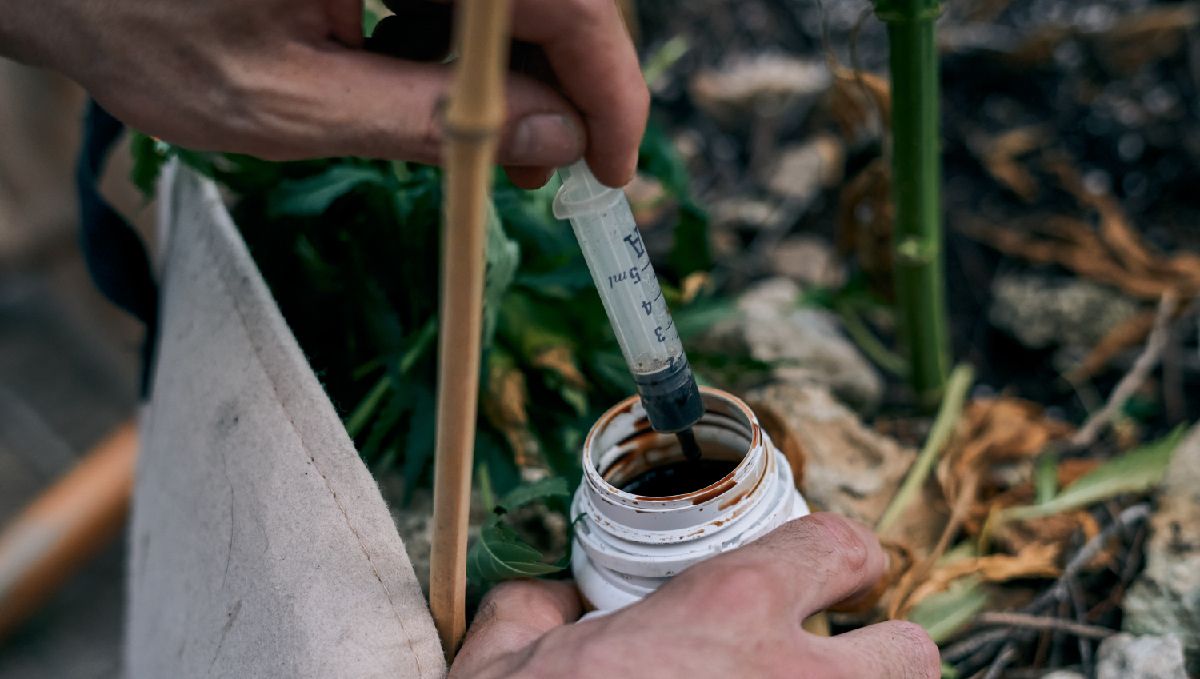
On the other hand, organic nutrients tend to stimulate the soil and help the plants grow naturally. For example, if you include mycorrhizae in your soil, you encourage a symbiotic association between the plant and the roots. It’s natural, and your plants will appreciate the natural progress rather than being bombarded by chemicals. Also, growing with natural ingredients is likely to push the plant to flower faster. In other words, you harvest those juicy buds faster!
If you have the luxury of growing outdoors, you can also massively reduce the time it takes to prepare to grow in the process, which will streamline the growing cycle even more. There are several techniques that will allow you to maintain a fertile patch of ground that’s ready to receive seeds or transplants as soon as the last frost of spring passes. Not only will this soil take plants and allow them to mature with minimal intervention, but it’ll become even more fertile—and therefore produce healthier and more productive plants—over the years if managed correctly. First of all, you should abandon your rototiller and opt to take a no-dig approach. This style of growing helps to protect the microbial soil life that cycles nutrients in the soil. Next, use a dead mulch (such as leaves or grass) during the growing season to keep the soil covered. This will also protect microbes, which adds fertility to the soil as it breaks down. Next, consider using a cover crop, such as broad beans or peas, during the off-season. These plants also protect the soil. During early spring, terminate the crop, and it’ll add fertility to the bed below.
3) Use training techniques
There are several training techniques you can employ on your cannabis plants. However, not all of them will work on autoflowers. The best part of growing autoflowers is that they give great yields even if they aren’t trained at all.
Also, note that the plants need to be very healthy to train them. If in doubt, don’t train them until you’re really sure that you have the expertise. Here are a few techniques that are best for autoflowers.
- LST - LST is short form for Low-Stress Training. As the name suggests, the key is to stress the plant just enough to push it to grow faster and better. In this method, the branches are tied to the sides so that the center of the plant gets more light. This method works exceptionally well for big plants like Tangie'matic.
With this technique, light is distributed uniformly and you won’t have to deal with popcorn buds. Also, marijuana plants tend to grow better when stressed. It’s a natural defense mechanism that makes the plant heal quickly.
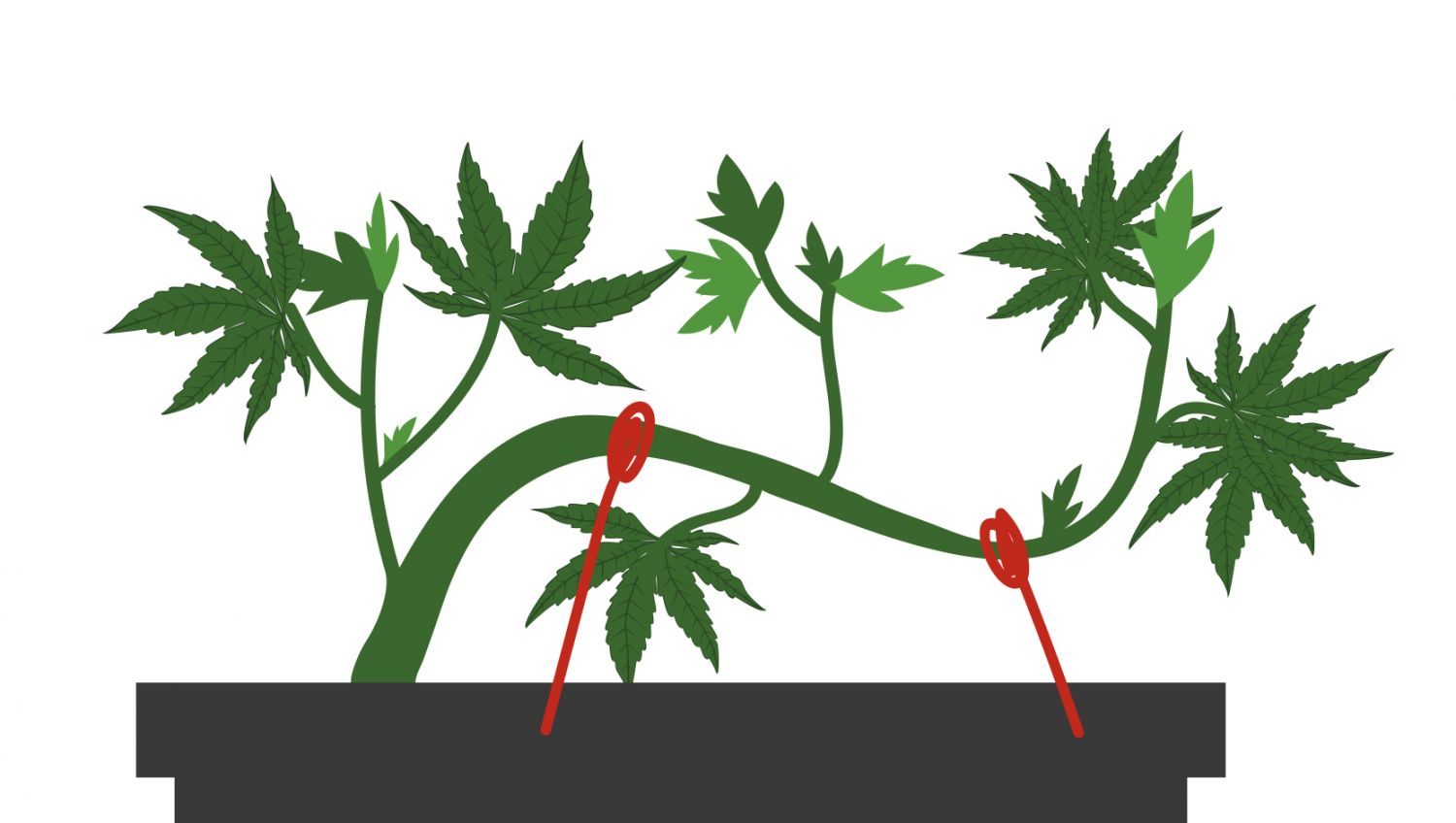
Autoflowers need to be trained carefully, but since LST is about minimally stressing the plant, it works pretty well.
- Topping – This is another technique to help the plants grow more. The top of the plant is cut off so that the main cola divides into two. This works very well, especially if the plant is small and has fewer nodes. Since this training method won't stress the plants too much, they are best for autoflowers.
- FIMming – Very similar to topping, this method involves pinching the top of the main cola. Unlike topping, the tip of the main stem isn’t cut off entirely, but it’s just pinched off so that it develops more colas. You can expect several colas in this technique.
4) Avoid Over-watering
Overwatering is one of the most common ways to kill a cannabis plant. Not only cannabis plants, but applies to most plants in general. Overwatering also slows down the growth of the plant drastically. When the roots of the plant have enough water, they rarely try to push their boundaries, and you’ll end up with a plant with reduced yields.
On the other hand, if you don’t over-water and let the roots seek water, they grow more secondary roots. This is a basic, scientific fact. A good way to follow the wet and dry cycle is to touch the soil and figure out whether it’s wet or dry. If the soil is wet, just don’t water the plant at all. And, if the soil is moist, wait a couple days until it’s completely dry.
The trick is to water just before the plant starts to wither. Once you’ve grown several plants, you will know when to water the plants at the right time. If growing indoors, it’s even more important to not over-water the plants since they don’t dry very quickly. Another method to check when to water the plants is to weigh them. Just lift the pots. If they feel too heavy, they have too much water and you’ll have to wait. On the contrary, if you can lift them easily, it’s time to water them – as simple as that.
5) Use the best containers
Cannabis plants love fabric pots. Fabric pots like Smartpots are best for all plants, but when growing indoors, it becomes an important factor. In fact, you should stick only to fabric or Airpots when growing indoors because it takes a while for the soil to dry. This doesn’t apply if you’re growing hydroponically, but if you’re using soil, you need all the help you can get.
Fabric pots encourage the roots to travel to the sides of the pot in search of air. Roots require oxygen to grow. And strong roots mean that you get strong plants. When the roots reach the sides of the container, the tips die and secondary roots are produced automatically. This results in a sturdy plant that has a solid root system.
Airpots contain many holes that aid the roots to receive oxygen. The idea is to prune the roots of the plants. Many gardeners prune not only the stems but also the roots of the plant. This requires a lot of experience, though. Pruning forces the roots to grow aggressively and this inadvertently helps the plant.
Plastic containers are good, but they don’t suit indoor grows much. When you water the plants, plastic pots tend to hold more water since they are designed that way. Eventually, the roots are waterlogged and you can see the water pooling at the top whenever you water.
If you have only plastic pots, simply drill more holes in the pot so that it drains well. It’s important to let the water drain completely so that you don’t encounter root rot and other issues. You can grow marijuana fast if you put your mind to it. However, growing cannabis is an art. It’s important to be patient and let the plant do its thing. Sure, you can do a lot to harvest the buds faster, but you need to leave the plant alone to do what it knows best.
At Fastbuds, most seeds complete their cycle in just under 10 weeks, but strains like Lemon AK and Zkittlez that has just been introduced needs only 8-9 weeks!








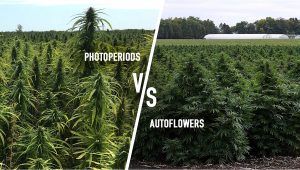
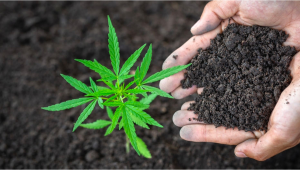
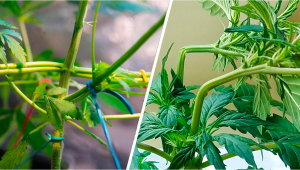
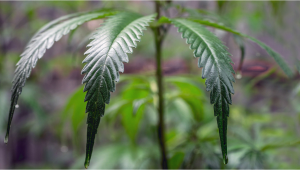


Comments